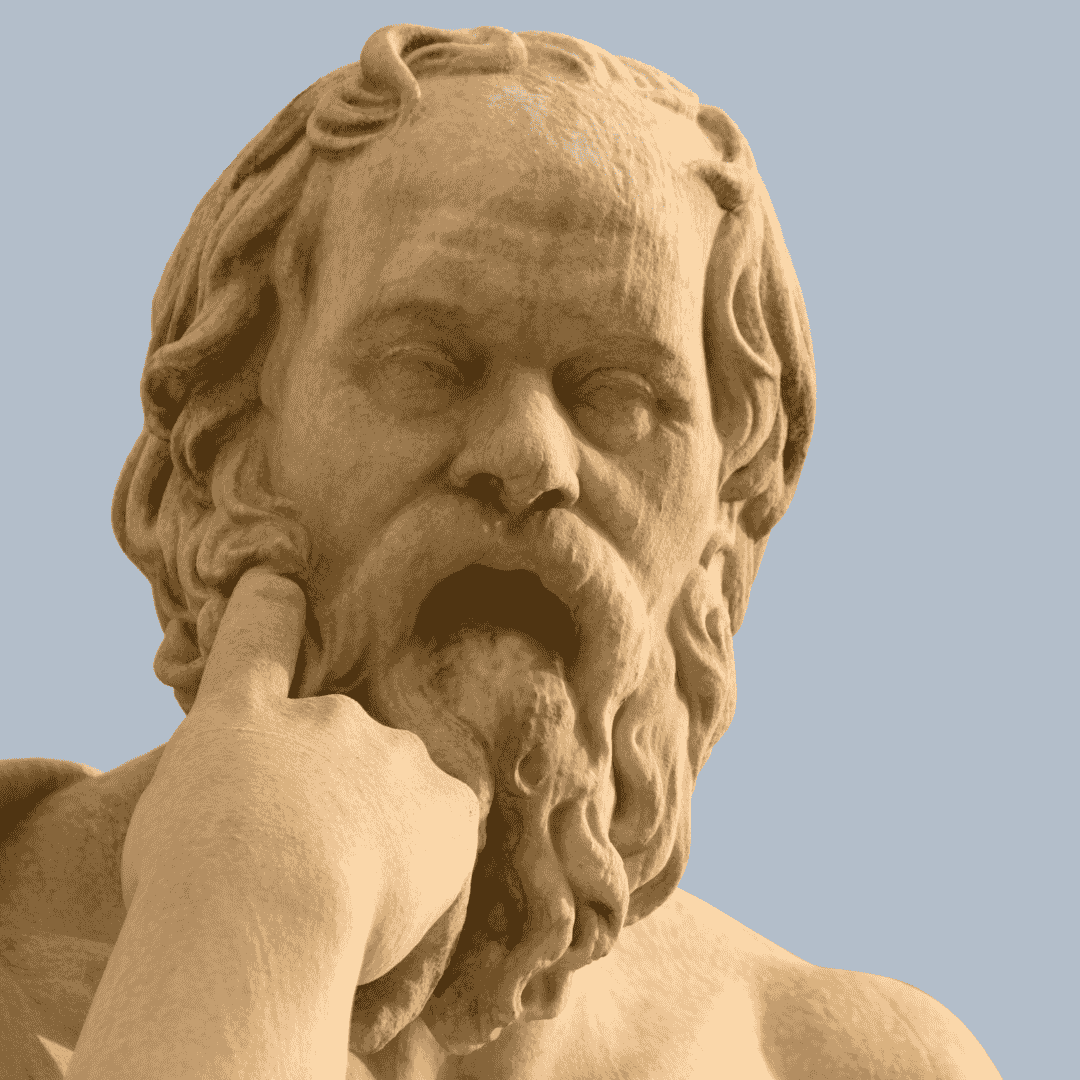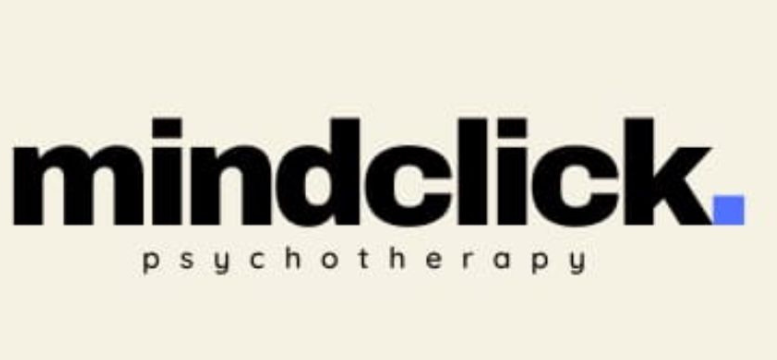Your cart is currently empty!

What is Philosophical therapy?
In an age of therapy apps and fast-acting self-help hacks, philosophical therapy offers something slower, deeper, and more enduring: the chance to think through life’s problems—not just feel through them. Grounded in centuries of human wisdom, philosophical therapy helps people explore existential questions, clarify their values, and live more consciously.
But what exactly is philosophical therapy, and how does it differ from traditional psychotherapy?
Defining Philosophical Therapy
Philosophical therapy, also known as philosophical counseling, is a form of guidance that draws on philosophy, rather than psychology, to help individuals explore life’s challenges. It is not focused on diagnosing mental disorders or treating illness in the medical sense. Instead, it aims to foster self-understanding, ethical clarity, emotional insight, and meaning.
In short, philosophical therapy is for people who are struggling with the big questions:
- What should I do with my life?
- How do I live well?
- What is my responsibility to others?
- How do I deal with death, failure, or uncertainty?
- What does it mean to be free? To be happy?
These are not symptoms of mental illness. They are human questions and philosophy has been grappling with them for over 2,000 years.
A Brief History
While philosophical therapy has gained popularity in modern times, the idea itself is ancient. Philosophers like Socrates, Epicurus, the Stoics, Confucius, and the Buddha all viewed philosophy as a way of life, not just abstract theory. The purpose was practical: to help people live better, think more clearly, and align their actions with truth and virtue.
Modern philosophical therapy draws on this tradition and was formalized in the late 20th century by thinkers such as Gerd Achenbach and Lou Marinoff, who believed that everyday people could benefit from philosophical dialogue—not just academics.
How Does Philosophical Therapy Work?
A philosophical therapist or counselor acts more like a thinking partner than a medical professional. Rather than interpreting your dreams or diagnosing you with a disorder, they engage you in dialogue, often using the Socratic method of questioning.
Key components include:
- Clarifying values – What do you truly believe in? Are your actions aligned with your principles?
- Challenging assumptions – Are your beliefs reasonable? Have they been critically examined?
- Exploring ethical dilemmas – How should you act in morally complex situations?
- Building intellectual resilience – How do you cope with uncertainty, paradox, or disappointment?
Topics Often Explored
Philosophical therapy is particularly suited for people navigating:
- Life transitions (career change, retirement, parenthood)
- Loss and grief
- Existential anxiety or dread
- Moral or spiritual dilemmas
- Relationship struggles grounded in conflicting values
- The search for meaning or purpose
Rather than pathologizing these issues, philosophical therapy treats them as part of the human condition, worthy of reflection and exploration.
How Is It Different from Other Therapies?
| Philosophical Therapy | Psychotherapy (e.g., CBT, psychodynamic) |
|---|---|
| Focuses on meaning, values, ethics | Focuses on mental health symptoms and emotional patterns |
| Draws from philosophy and logic | Draws from psychology and neuroscience |
| Client is seen as a thinker, not a patient | Client may be treated as a patient needing diagnosis |
| Dialogue-based, not technique-based | Uses structured interventions and protocols |
That said, they are not mutually exclusive. Many therapists integrate philosophical tools into their work, and many philosophical counselors are also trained in psychology.
The Benefits of Philosophical Therapy
- Deeper self-understanding
- Greater emotional and ethical clarity
- Improved decision-making
- Resilience in the face of suffering
- A more intentional, meaningful life
It’s not about “fixing” you. It’s about helping you think deeply, live authentically, and embrace the richness and complexity of being human.
Final Thoughts
Philosophical therapy is not just for academics or people with big vocabularies, it’s for anyone who’s ever felt stuck, lost, or deeply curious about what it means to live well.
As Socrates said:
“The unexamined life is not worth living.”
Philosophical therapy invites you to examine your life, not to judge it, but to better understand it and through that understanding, to live with more wisdom, compassion, and integrity.



